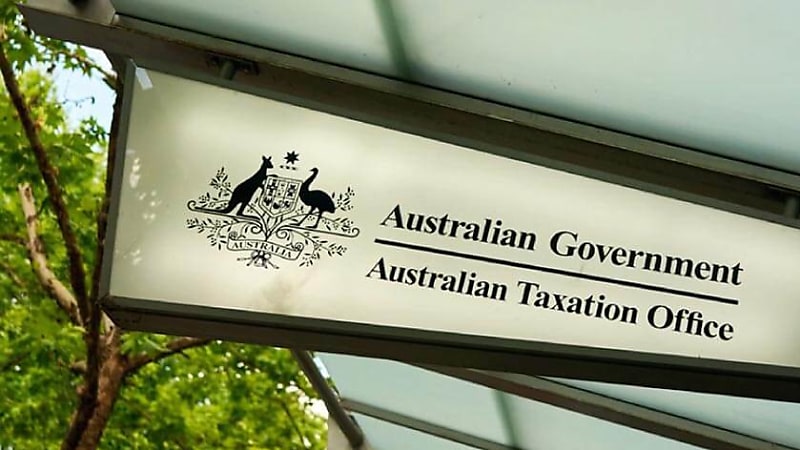Auditors conducting in-house audits are still on the radar
The ATO has reminded auditors that they are not permitted to conduct in-house audits and has already reviewed 30 auditors suspected of the practice this financial year.
The regulator says “in-house audit” refers to an auditor who works for a firm, or network firm, that also provides services like accounting or administration to the same SMSF clients.
Since 1 January 2020, auditors have not been allowed to perform in-house audits unless:
-
They don’t assume a management responsibility for the audit client.
-
The other services provided are routine and mechanical.
-
The firm addresses any independence issues.
“It is hard for firms to meet these rules, demonstrating the ‘routine or mechanical’ test is difficult due to the professional judgment involved,” the Tax Office said.
“When we review auditors, we contact SMSF trustees to check their role in preparing the fund’s accounts and statements.”
In a recent data-matching review, the Tax Office focused on auditors who still perform in-house audits, and its risk assessment showed that around 800 auditors might still be doing in-house audits.
This financial year, it reviewed 30 auditors suspected of doing in-house audits. As a result of these reviews:
-
14 auditors were referred to ASIC.
-
Six auditors were deregistered voluntarily.
-
Eight auditors received education.
-
Two auditors were compliant.
Since 1 July 2021, the ATO has referred 42 auditors to ASIC for various reasons, including doing in-house audits, which accounted for 32 per cent of all referrals.
In March 2024, ASIC released a statement detailing the actions taken against 15 of the 42 auditors the ATO referred.
It reminded firms that they must follow independence requirements when planning their structure and their audit engagements. They should not rely on one referral source for their fees. ASIC suspended three high-volume SMSF auditors linked to an SMSF administration provider for not considering these factors.








